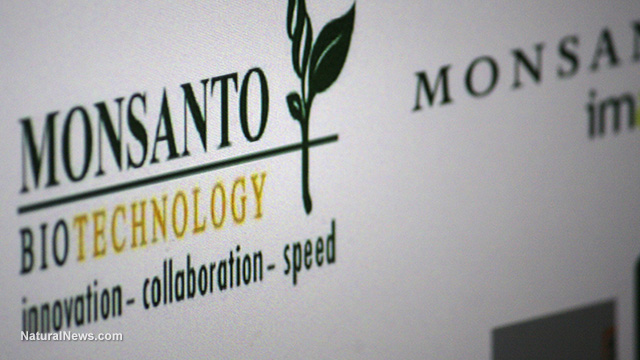National Sustainable Agriculture Coalition Praises Bipartisan Effort
 Two weeks ago, a bipartisan bill was introduced “to catalyze the 2018 Farm Bill’s investment in programs and policies that spur economic development in rural and food producing communities nationwide.” The bill is called the Local Food and Regional Market Supply Act (the “Local FARMS Act”).
Two weeks ago, a bipartisan bill was introduced “to catalyze the 2018 Farm Bill’s investment in programs and policies that spur economic development in rural and food producing communities nationwide.” The bill is called the Local Food and Regional Market Supply Act (the “Local FARMS Act”).
The Sustainable Agricultural Net reports that farmers from across the country have been quick to praise the Local FARMS Act’s “farm to fork investment” approach. For more information, a summary and detailed outline of the Local FARMS Act are available on the NSAC website.
The National Sustainable Agriculture Coalition (NSAC), one of the bill’s leading non-profit partners, praised the bipartisan coalition that introduced the bill for prioritizing the development of new markets for farmers and expanded healthy food access for American families.
CUNY Food Policy Institute Staff Discusses Universal Free Lunch on CUNY TV
 With the recent rollout of the Free School Lunch program for all of New York City’s public schools, many public health advocates, parents, and individuals concerned about our children’s access to fresh and healthy food are finally gratified after years of hard work.
With the recent rollout of the Free School Lunch program for all of New York City’s public schools, many public health advocates, parents, and individuals concerned about our children’s access to fresh and healthy food are finally gratified after years of hard work.
Ashley Rafalow, Director of Operations and Communications at the CUNY Urban Food Policy Institute appeared on CUNY TV’s Independent Sources to discuss “the benefits of the program, the stigma too-long associated with eating school meals, and the opportunities presented now that lunch can be integrated into the school day, with resources dedicated to improving quality and student experience rather than collecting paperwork or money from parents.”
Monsanto and the Biotech Industry: The Creation of GMO “Super toxins”
I believe we will continue to discover the negative impacts of pesticides to public health and the environment, and sadly, our greater understanding might come a little too late. In a recent article published by the Independent Science News, Jonathan Latham tells how GMO foods, especially corn and soybean products, contain ‘significant quantities of pesticidal proteins called Bt whose mode of toxicity is to make holes in cell membranes.’ The study reports that newer GMO crops can contain up to six different Bt toxins.
 Of course, the biotech industry has goaded GMO regulators into claiming that these Bt toxins are ‘natural and as safe as those used by organic farmers’. And although many of us know the harmful effects of these toxic chemicals are real, the propaganda pushed out by companies like DuPont and Monsanto makeup the baseline for their tests of risk assessment in food safety and environmental toxicology.
Of course, the biotech industry has goaded GMO regulators into claiming that these Bt toxins are ‘natural and as safe as those used by organic farmers’. And although many of us know the harmful effects of these toxic chemicals are real, the propaganda pushed out by companies like DuPont and Monsanto makeup the baseline for their tests of risk assessment in food safety and environmental toxicology.
It is important that we continue our work advocating for a clean food system, one without chemicals or GMOs; supporting holistic systems, such as biodynamic agriculture, regenerative agriculture, and Permaculture, and promoting farming practices that keep our children and families safe. We can still resist the biotech industry and their efforts to dramatically underestimate the hazards of pesticides.

Comments are closed.